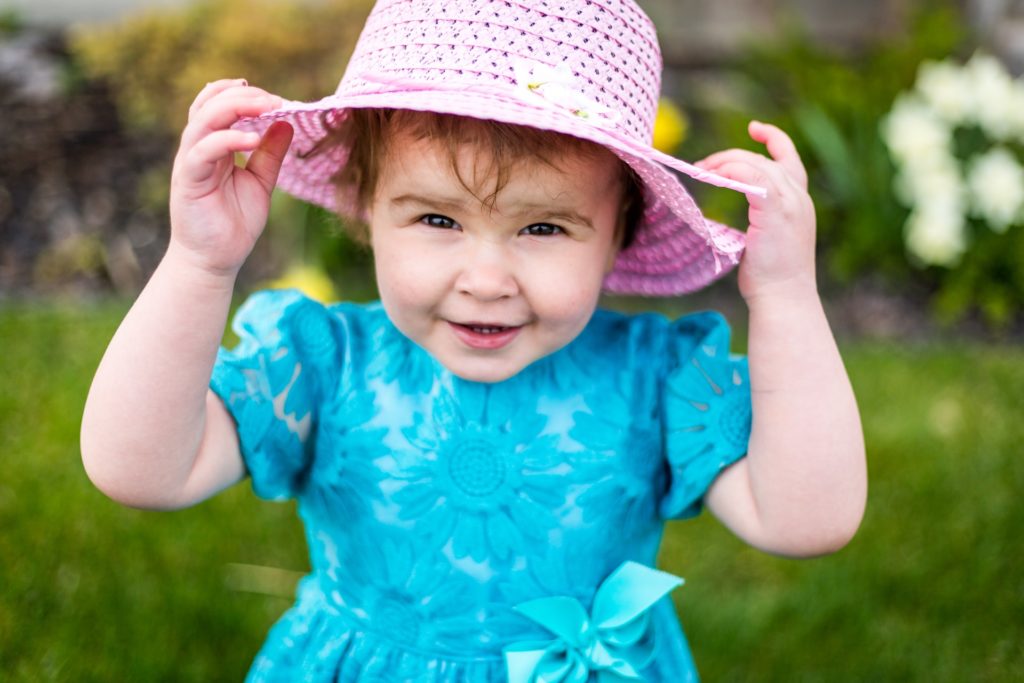
Dental health is a vital part of your toddler’s overall health. Good dental practices and habits will help their baby teeth come in correctly and healthfully, which means their adult teeth will too. Monitoring your child’s dental health can help them start healthy habits that will last their whole life long.
Part of those healthy practices and of being a great parent means taking them to the dentist. Here are five signs you should take your toddler for their first trip.
1. Six Months After their First Tooth Erupts
Toddlers need to visit the dentist no later than six months after their first tooth erupts (or by their first birthday, whichever comes first.) Taking them to the dentist upon tooth eruption is essential for many reasons.
First, it gives you the opportunity to help your child have a positive first impression very early on. When your child learns at a young age that the dentist is an enjoyable experience, they will look forward to going and not see it as a punishment or something to fear.
This is why it’s best to take your child to a pediatric dentist. Pediatric doctors specialize in caring for children. You can expect them to provide the most pleasant experience for your child.
Taking your child to the dentist after their first tooth erupts also helps protect their oral health.
At their first visit, your pediatric dentist will perform a thorough examination of all the structures in your child’s mouth, including their first tooth. This early inspection helps the dentist spot any potential issues right away before they become large and difficult to fix.
Tooth decay can happen as soon as the first tooth comes in, so a visit to the dentist is important to avoid it. Also, your child’s dentist will demonstrate proper brushing habits and address any concerns or questions you may have.
2. White/Brown Spots on Teeth
White or brown spots on your toddler’s teeth can be early indicators of decay that leads to cavities. It’s especially important to take your little one to the dentist if they haven’t been yet and develop these spots.
When caught early enough, decay can be cleaned off your toddler’s teeth before it develops into a full cavity. If left untreated, however, a cavity will form and a filling will be necessary. Tooth decay can progress quickly, so if you see spots, make their first appointment right away.
To avoid decay, help your toddler brush their teeth for a full two minutes, twice per day with a fluoride-infused toothpaste. When they’re old enough to brush their teeth themselves, watch them do so to ensure good habits continue.
3. Toothache/Pain/Tooth Sensitivity

Teething pains are normal as new baby teeth push through the gums. However, if your toddler complains of pain in their tooth beyond that, it’s time to see the dentist. Their tooth may be cracked or have damage to the pulp inside that’s causing the pain.
To help with a toothache until you can make their first dentist appointment, you can use cold compresses to ease the pain. Or, if necessary, use children’s ibuprofen or other over-the-counter medication for pain management.
Similarly, if your child complains of tooth sensitivity to hot or cold stimuli, it’s important to visit a pediatric dentist. Tooth sensitivity can be indicative of thin enamel or even cavities, so an assessment at the dentist to get it checked out is key.
4. Swollen Gums
If your child has bleeding, excessively red, or swollen gums, it could be an indicator of gum disease. Gum disease occurs when plaque gets trapped between the gums and teeth, turning into bacteria that infect the gums.
A visit to the dentist is necessary, as this area is hard to clean without the proper tools. Your child’s dentist will clean out all the plaque and bacteria around the gums and teeth and help instruct your child in proper brushing techniques to avoid this problem in the future.
5. Clicking Jaw
If your child’s jaw clicks when they chew or open their mouth, even if they haven’t had their first tooth erupt, you should take them to the dentist. A clicking jaw is an indicator of misalignment, which can cause serious problems as their teeth come in.
A misaligned jaw means their teeth won’t line up properly, so they may have problems eating. It can also be an early indicator of temporomandibular disorder, or TMJ, which will require braces or a mouth guard to address.
It’s our responsibility as parents to help set up our children for a healthy life. That means leading by example with healthy habits of our own and watching closely for indications about their health. Make one for your child right away if you notice any of these signs.


